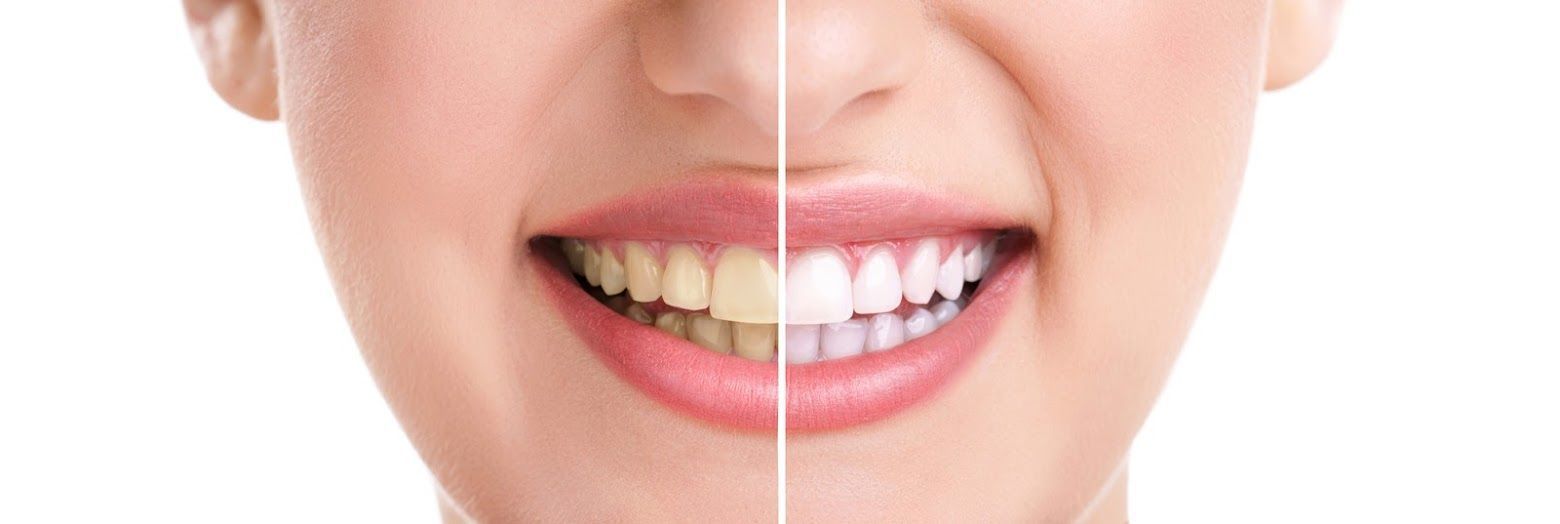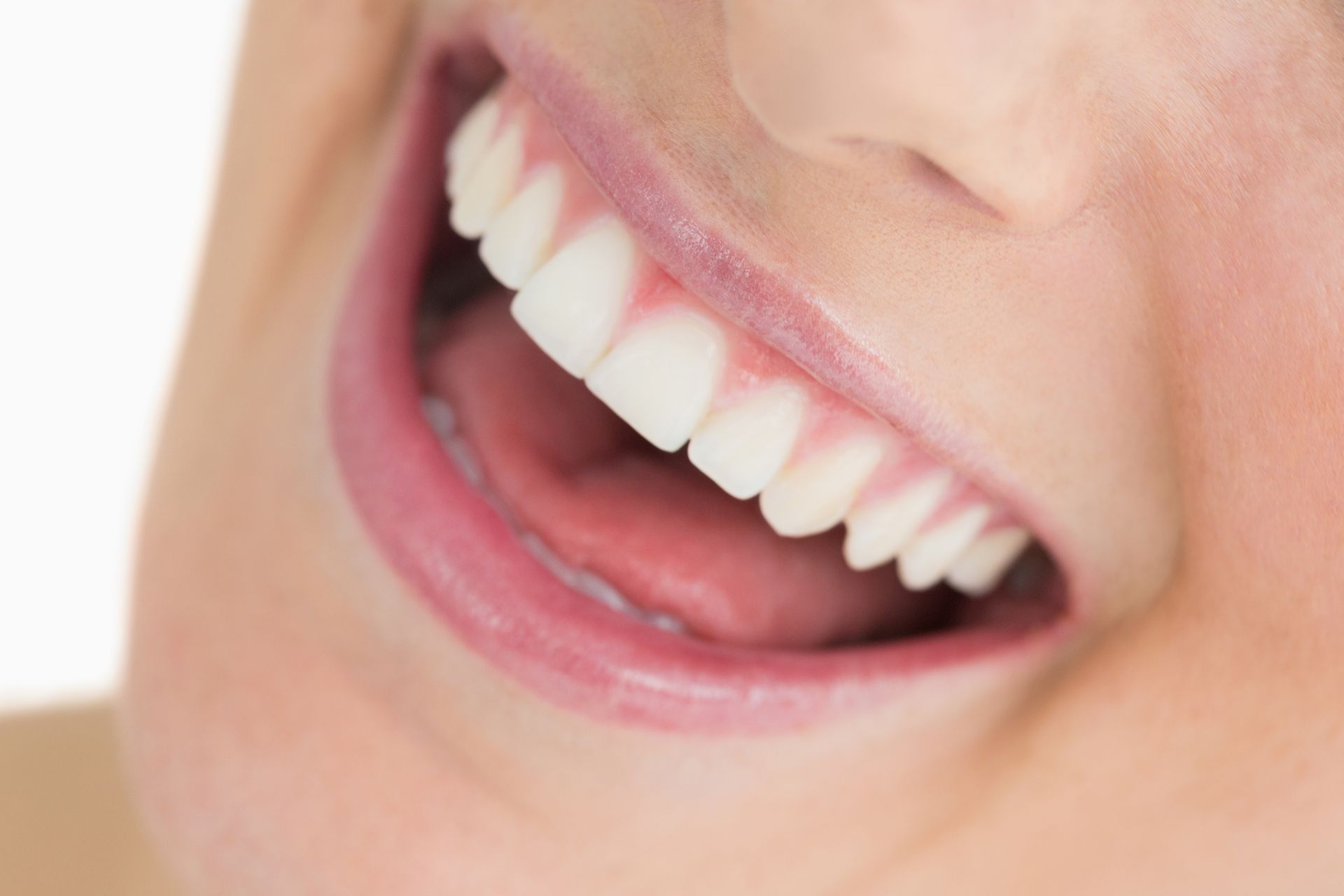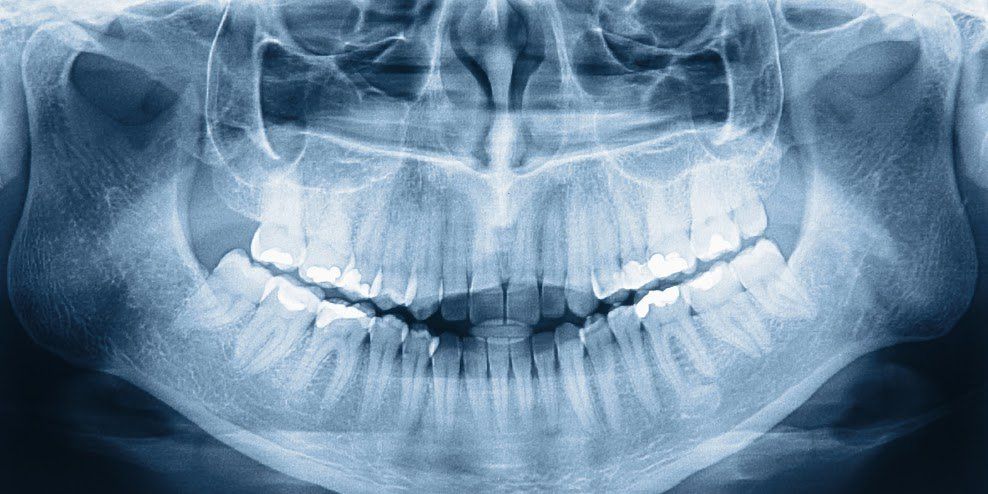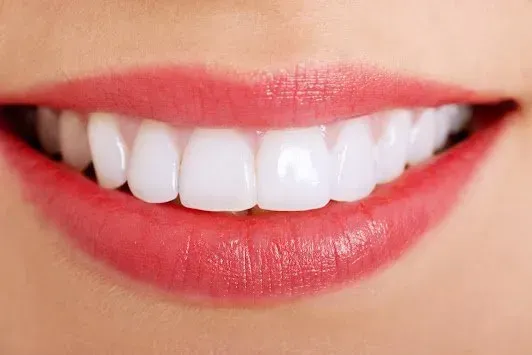4 TYPES OF TOOTH PAIN
March 1, 2020
Tooth pain is common, but many types of pain exist, such as sharp, sudden pain and dull, consistent aches. This makes it hard to determine if your oral pain is just a symptom of your stress or tooth decay. If you would like to better protect your teeth, check out these four types of tooth pain and what they may mean for your oral health.
1. Sensitivity
Many people suffer from sensitive teeth. When your teeth are overly sensitive, you may notice pain when hot or cold food comes in contact with your teeth. Sensitivity can also cause pain if the teeth are exposed to cold air or sugar. Sensitivity can be from a cavity, but it is often from thinning enamel.
As the enamel wears, the tooth nerves become more sensitive to external forces. To treat sensitive teeth, you should avoid foods high in acid and/or sugar, and use a toothpaste for sensitive teeth. In severe cases of enamel erosion, you may need dental bonding, veneers, or crowns to replace the lost enamel.
2. Dull, Persistent Aches
If your pain is dull and persistent, the culprit may actually be your stress levels. People who suffer from stress or anxiety often grind their teeth at night. Grinding your teeth can cause chips and worn enamel, but it also puts a lot of pressure on the jaw. In the morning, your jaw feels tight and sore. The pain may even reach up to the temples or head.
The best way to stop this type of pain is to stop grinding your teeth, which can be harder than it sounds. You'll also need to find ways to manage your stress or anxiety to stop the grinding. In some cases, a mouth guard or split can position the mouth so you are less inclined to grind. A mouth guard will also help protect against chips and worn enamel.
3. Sharp, Inconsistent Pain
When pain turns sharp and inconsistent, you may have a cavity. Most cavities don't constantly ache; they need something to trigger the pain, such as sugar or cold temperatures. Depending on the location of the cavity, it may also hurt to chew or close your mouth. Luckily, spotting cavities is usually easy because they appear as visible holes or brown/black stains.
The only way to stop the pain of a cavity is to remove the dead tissue and replace it with a filling. If the cavity is particularly large, however, your dentist will suggest placing a crown to better strengthen the tooth and protect against sensitivity (as teeth with large fillings are often overly sensitive).
4. Throbbing, Severe Pain
If your jaw throbs with severe and constant pain, you may have a tooth infection (abscess). An abscess puts pressure on the tooth's nerves, which can cause mild to intense pain. If left untreated, the infection can destroy the entire tooth and/or spread to other parts of the body, especially if the infection is near the lymph nodes of the throat.
The infection may cause visible swelling and pus. The pus will also smell foul and leave a bitter taste in your mouth. Treating a tooth infection involves fully eliminating the infection and the tooth's pulp. This is done via extraction (total removal of the tooth) or root canal treatment (replacement of the tooth's pulp to prevent extraction).
Any type of tooth pain requires some level of attention. Ideally, you may be able to stop your pain by controlling your stress, but severe pain may indicate a more serious complication, such as an abscess. If you would like to know more about oral health,
contact us
at Desert Dental today.
















